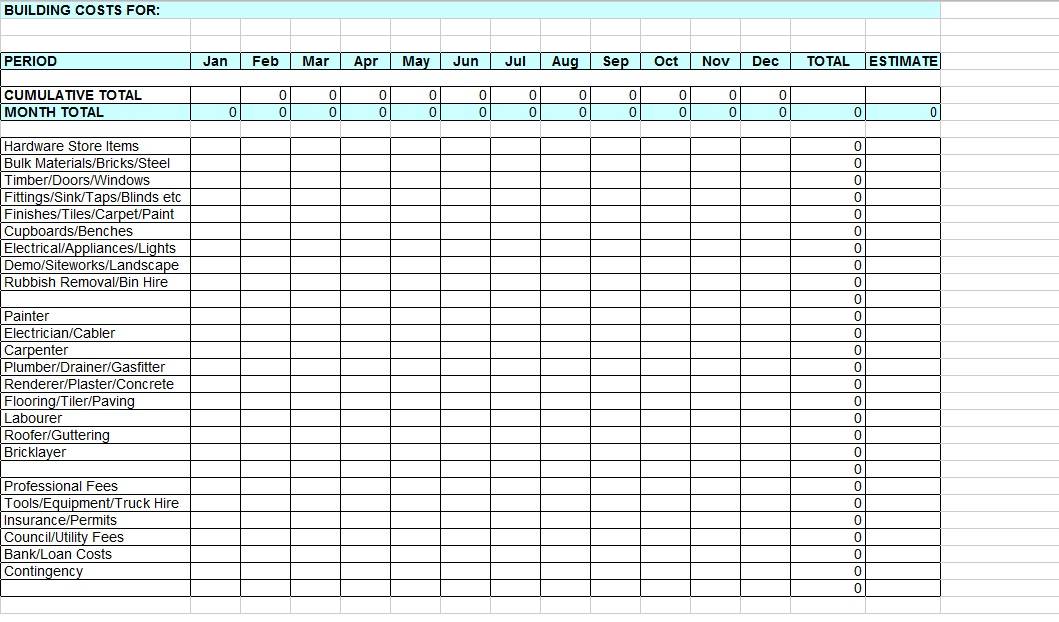1. Research multiple quotes for labor and materials to ensure that you are getting the best value for money.
2. Factor in additional costs such as permits, taxes, and delivery fees when budgeting for a renovation project.
3. Set aside a contingency fund of around 10-15% of the total budget to cover any unexpected expenses that may arise.
4. Keep track of expenses and monitor the budget closely throughout the renovation process to avoid overspending.
5. Consult with industry experts and seek advice from professionals to ensure that your budget is realistic and achievable.
In conclusion, effective budgeting is a crucial aspect of successful renovation projects. By carefully planning and allocating funds for labor costs, material expenses, permits, and a contingency fund, homeowners can ensure that their renovation project stays on track and within budget. By following the actionable tips and advice provided in this guide, readers can empower themselves to make informed decisions about their renovation projects and avoid unnecessary stress and financial strain. With careful budgeting and planning, any renovation project can be a success.
